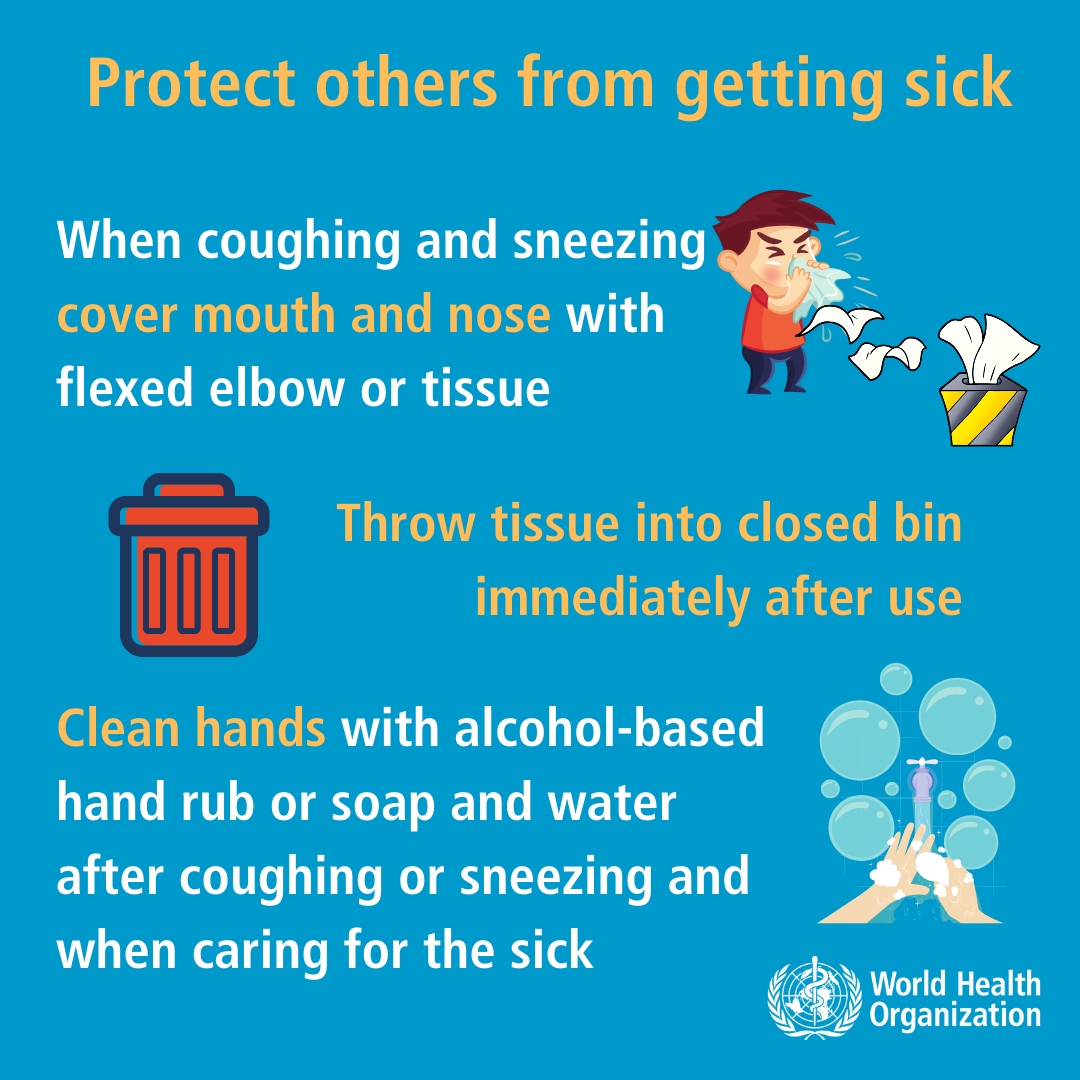|
What can I do about COVID-19?
 My name is Gordon Doig and I am an epidemiologist who has worked in critical care for more than 20 years. I live in Sydney, NSW, Australia. Like you, I have tried to keep up to date on the novel coronavirus outbreak (COVID-19) that started in Wuhan, China. Because I don't see a lot of truly useful information coming from the mainstream media, I have been going directly to credible sources like the World Health Organisation. The purpose of this page is to describe in plain language what the WHO recommends and to provide links to WHO content so you can understand exactly what they are saying. 
| ||




























